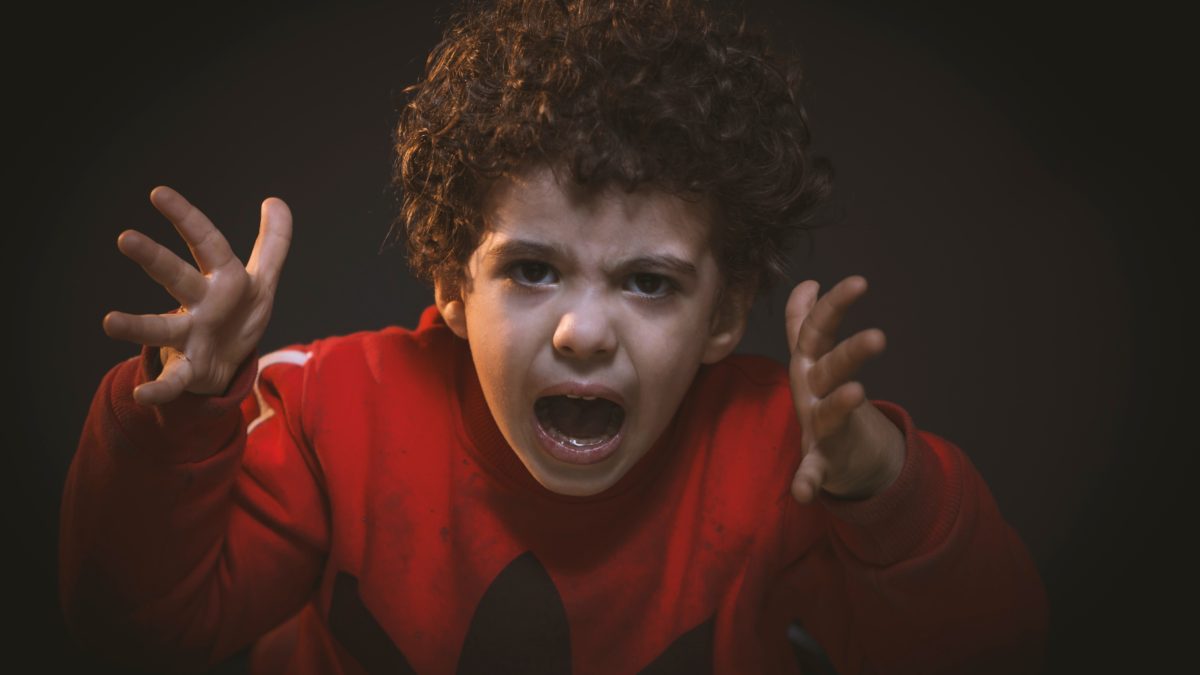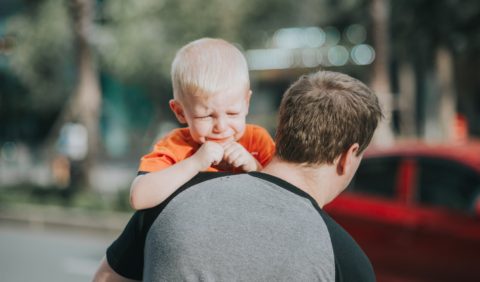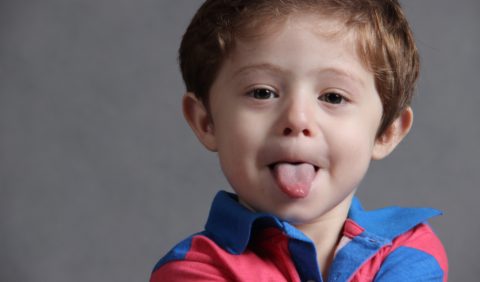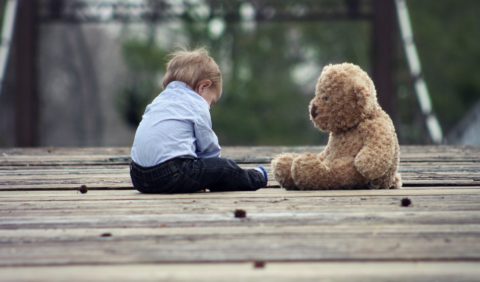Bullying

Bullying is never OK although regrettably it is something that is widespread in society.
Whilst bullying has dire consequences it is not all doom and gloom.
Identifying and addressing bullying is paramount.
This can be achieved even from a very young age.
The impact of being bullied is massive, distressing and in an ideal world preventable.
There are many different definitions of bullying and what it constitutes, regardless, it is never acceptable.
Young children generally will require some support and assistance to deal with and resolve. They do not have the required skills and capacity to address on their own.
In an ideal world bullying would not form part of a normal childhood. Unfortunately it is present even in early childhood.
Often, very little is said or acknowledged about bullying before about the age of 7-8 yrs. However, it certainly has the capacity to, and does occur.
If a child finds themselves a victim of bullying they are not equipped to handle it without assistance.
Bullying at any age can have adverse effects on their physical, social and emotional well being and development and is especially detrimental in the early years in particular in relation to their brain development.
Bullying can be found in every setting where children come together.
Bullying may take the form of mild teasing or not including in an activity.
It may be small nasty comments or it can be more aggressive types of bullying such as constant verbal or physical attacks.
Bullying is not about the everyday arguing a child may have over a toy for example, but it is about when a child is unable to avoid being bullied.
Types of bullying
- Verbal (using words),
- Non-verbal (without words),
- Physical (using actions),
- Emotional (playing on someone’s emotions)
- Psychological (messing with someone’s head).
Lots of bullying behaviour will be more than one of these things.
It can be direct action (like threats, intimidation or physical/verbal violence) or indirect action (like deliberately leaving someone out or blanking them all the time).
Bullying in action
- Hitting, kicking, punching, spitting
- Threats and intimidation
- Being bullied because of a child’s background or appearance or singling them out. This can be because of their family, ability (lack of or added ability), disability, etc. Generally trying to make them feel bad.
- Racist bullying
- Homophobic bullying (using stereotypical words as insults; physically assaulting someone or leaving them out because of their real and/or assumed sexuality)
- Ignoring someone, leaving them out of a group
- Stealing or ruining someone’s work, clothes or property; or manipulation and control, peer pressure
- Bullying is not always easy to identify.
Strategies for tackling bullying
- Help identify bullying talk about things that happen as they happen if they are not acceptable. It may be something you see in the street rather than an event that occurs directly with a child. This allows them to see that while others may do a behaviour it does not mean it is OK or acceptable.
- Talk to your child and encourage them to be open about their feeling and if they have a concern or issue in their life. Let them know it is OK to ask for help. Let them know that even if they have been told/bullied into not saying anything that they are always able to tell an adult.
- Empower them to know what is right and wrong.
- Arm with them problem solving ideas if they witness bullying themselves- such as seeking help, telling a teacher. As sometimes it is not safe to intervene so it is best to teach children ways to help alleviate it without putting themselves in danger also.
- Express disapproval if they talk to you about bullying a child (explain about feelings and right from wrong and ask them how would it make them feel if they were bullied like they had done)
- If they had witnessed bullying talk to them about how bullying is not OK and give them solutions of what they could do next time, stressing only intervene if it is safe to do so otherwise go and get help and tell an adult.
- Encourage getting help, preferably an adult.
- Help with developing their conflict resolution to stop some cases from escalating to bullying.
- Offer comfort and support to a child that has been a victim of bullying. Let them know it is not their fault. Talk to them about getting help. get their ideas as to what they actions they want to see happen. Their involvement will help them to fell empowered rather than powerless.
- If a child has been bullied share with them the actions/events that lead to the attack and talk about actions they could take in the future.
- Never try to fix the problem by going to the source such as confronting a child it does not fix the problem. Go about it correctly. Talk to the teachers, the parents and your child. Find an appropriate solution.
- Keep abreast of changes and get updates from all about the situation to see if the bullying has ceased.
- Remember the child is a victim and already feels miserable. Give them lots of love, support and attention. Never dismiss bullying as part of growing up….it is not!






